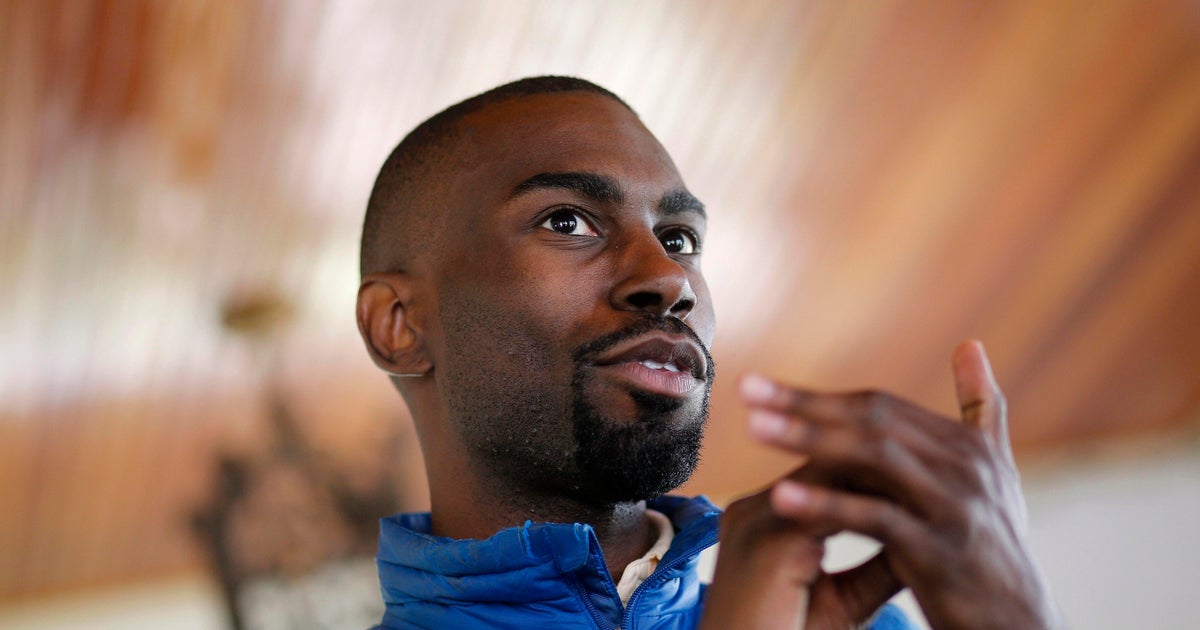Law to prevent removal of controversial monuments by "baying mob" proposed in U.K.
London — The U.K. government is proposing a controversial new law to protect historic monuments in England after statues of slave traders were toppled or removed by local authorities during Black Lives Matter protests last summer.
Currently in England, local governments must approve any major changes to buildings, but the same rules don't apply to statues. The new legislation would extend the requirements for buildings to cover statues and add an option for the national government to veto local councils' decisions.
"There has been an attempt to impose a single, often negative narrative, which not so much recalls our national story, as seeks to erase part of it. This has been done at the hand of the flash mob, or by the decree of a 'cultural committee' of town hall militants and woke worthies," Communities Secretary Robert Jenrick wrote in an article in Britain's Sunday Telegraph newspaper.
The proposed legislation must be approved by Parliament to become law.
"What has stood for generations should be considered thoughtfully, not removed on a whim or at the behest of a baying mob," Jenrick continued.
In June, a statue of slave trader Edward Colston, who died 300 years ago, was toppled and thrown into a river by Black Lives Matter protesters in the English city of Bristol, setting off a debate about heritage and inclusion. Local officials, after consultation with various parties, decided the Colston statue would be placed in a museum alongside protest signs.
"It is up to us to make sure that we record this moment for future generations to understand the journey Bristol has gone on," Bristol mayor Marvin Rees told the BBC at the time.
Soon after, Mayor of London Sidiq Khan created a new Commission for Diversity in the Public Realm to review public landmarks, art, and street names around the capital so they reflect the diversity of the city and to, "further the discussion into what legacies should be celebrated."
"There are some slavers that should come down, and the commission will advise on that," Khan told BBC News. Under the proposed legislation, the national government would be able to veto decisions made by local authorities on the commission's advice.
Members of the art community, historians, and racial equality activists were quick to criticize the government's plan, accusing it of trying to distract from more pressing issues, including it's widely criticized response to the pandemic that has left the U.K. with the worst per-capita COVID-19 death rate of any nation.
"(It's) smoke and mirrors," Dr. Halima Begum, director of the race equality think-tank the Runnymede Trust, told the Guardian newspaper. "With one eye on the next election, Jenrick has used this article to precipitate a contrived culture war, to agitate the Tory base and distract from this government's terrible failings around Covid."
"I wish we could get away from language of censure and erasure & understand this is about broadening, deepening & creating honest & inclusive narratives," the director of the advocacy group the Museums Association, Sharon Heal, tweeted.




